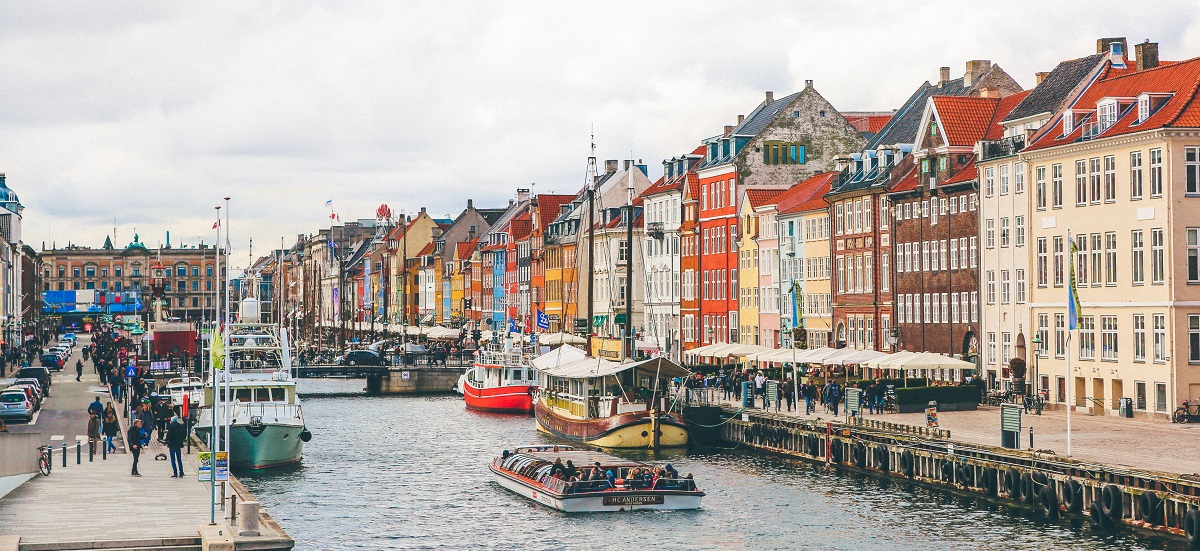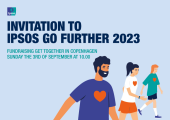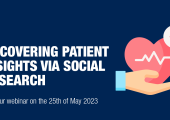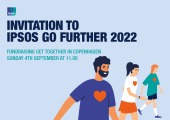COVID-19 INSIGHTS: Tourism and mobility
Businesses that understand and react to changing consumer needs and habits will emerge stronger from a crisis situation. Thus, we have just finished a large national representative research among 1,000 Danes, which will allow you and your company to act according to the changing needs and behaviour of tomorrow’s consumers. Disover some of our insights around tourism and mobility.

The pandemic has led to considerable and immediate changes in our travel plans with more than 50% of consumers having to reconsider travelling plans for the summer, and severe sector depression with hotel spending down by 90%, transportation spending down by 80%, and airline and travel bookings down by 90% and 85%, respectively.
Discover the full report and its insights.
We know, however, that mobility and travel are highly habitual and characterized by low-elasticity decisions that typically require external impetus to both convince and initiate changes in behavior. Indeed, when considering travels booked for later in the year, 78% still expect to be able to go, revealing more optimism in the longer term. Similarly, while 79% of Danes regard air travel as an environmental problem (signifying an increase of 11% compared to 2017), and 40% admit to experiencing guilt when booking a flight, only 4% actively intend to stop flying, and upwards of 80% have not paid a premium to carbon offset their travel.
But data collected during the pandemic confirms that the current disruption in mobility and tourism may in fact translate to long-term behavioral changes in several ways. In terms of tourism, 21% expect to generally spend less on travel in the future, and both shorter trips and more local travel options are considered viable alternatives to travelling abroad. As for mobility in a broader sense, existing transportation patterns are disrupted both privately and professionally with 28% expecting to work more from home in the future and 22% expecting to make more active use of flexible working hours. And while the use of private cars is only expected to very marginally decline, 20-21% expect to use public transportation alternatives, including metro, bus, and trains, less in the future (most likely as a partial offset for working more from home).
So, while much of the current disruption is likely temporary, it serves as a catalyst for marginal trends - that were previously part of our collective conscience but not acted upon - to take root. And as they do, opportunities will arise for those that understand the new face of customer mobility and the changing role of travel in recreation.


